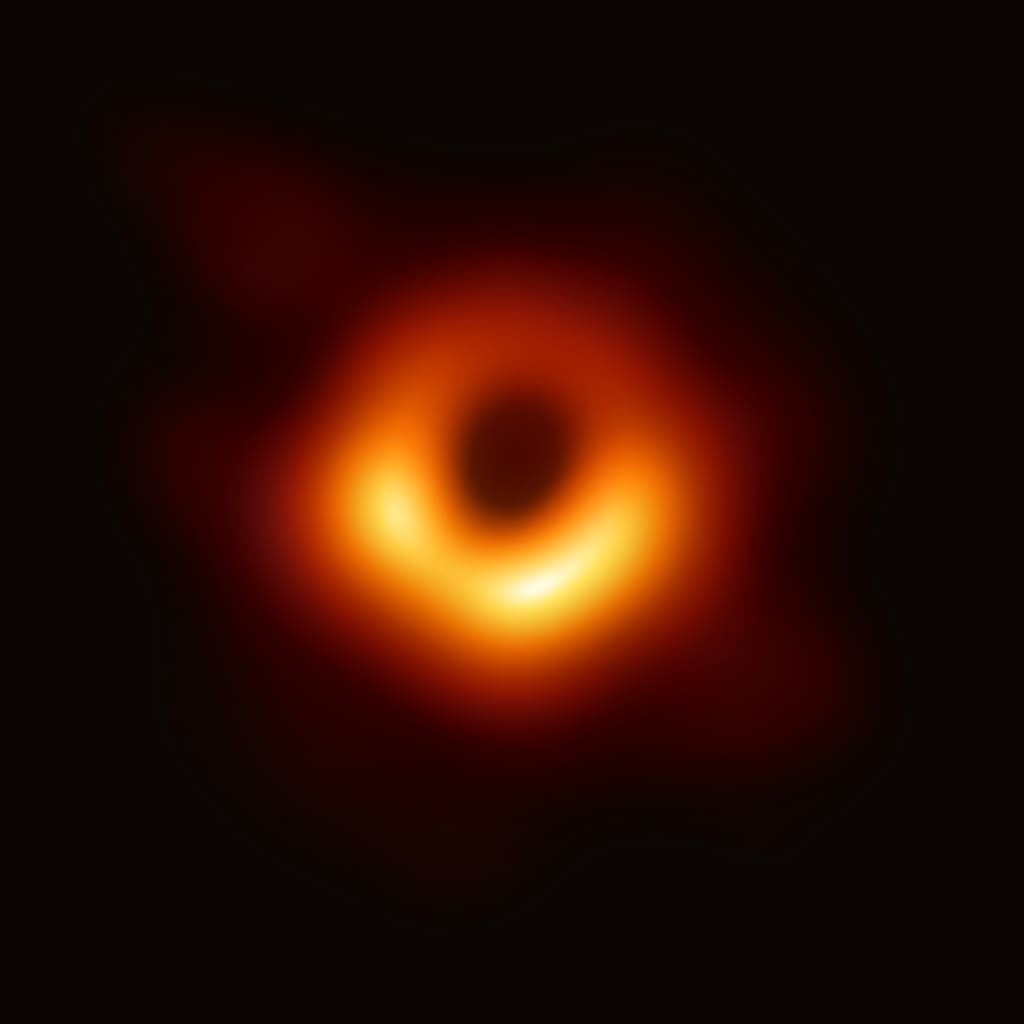A Mission to Protect the Universe: The Science of Blackhole Threats"
The Importance of Studying Blackholes

Blackholes are some of the most mysterious and fascinating objects in the universe. These incredibly dense regions of space have been the subject of intense scientific study for decades, as scientists attempt to unlock the secrets of how they form and how they operate. Despite our best efforts, however, much about blackholes remains unknown. But one thing is for certain - blackholes are capable of destroying entire galaxies, and if left unchecked, they could eventually cause the extinction of the entire universe.

The idea of blackholes as agents of destruction is not a new one. Astronomers have known for decades that blackholes can suck in matter from their surroundings, consuming everything in their path and growing larger over time. This process is known as accretion, and it is responsible for much of the light that we see coming from blackholes. But what happens when a blackhole grows too large? The answer is simple - it becomes unstable, and begins to consume everything in its path, including entire galaxies.
This is a sobering thought, but it is one that scientists are taking seriously. They understand that blackholes are not just a threat to our galaxy, but to the entire universe. And if we don't find a way to stop them, we could be facing the extinction of everything that we know and love.
So how do we prevent this? The answer lies in our understanding of blackholes and the laws of physics. Scientists are working tirelessly to unlock the secrets of blackholes, using advanced observational techniques and powerful computer simulations to gain insight into their behavior. They are also developing theories about how to manipulate blackholes, using powerful lasers and other cutting-edge technologies to slow their growth and prevent them from becoming unstable.
One such theory is the idea of using blackholes to power advanced propulsion systems. By harnessing the energy of blackholes, scientists believe that it may be possible to travel faster than the speed of light, and explore the far reaches of the universe. This would allow us to study blackholes more closely, and hopefully find a way to prevent their destruction.
Another promising area of research is the study of dark matter and dark energy. These mysterious substances are thought to make up the majority of the universe, and they play a crucial role in the formation and behavior of blackholes. By learning more about dark matter and dark energy, scientists hope to gain a better understanding of blackholes, and find a way to prevent their destruction.
The universe is a vast and mysterious place, and blackholes are just one part of its incredible complexity. But they are also a source of great danger, and it is up to us to use our understanding of science and technology to protect the universe from their destruction. Through collaboration, hard work, and dedication, we can ensure that the universe continues to thrive, and that our descendants will be able to enjoy the beauty and wonder of the cosmos for generations to come.
Of course, finding a solution to the threat of blackholes won't be easy. It will take time, effort, and resources, and there will likely be many setbacks along the way. But the stakes are too high to give up. If we don't act, we could be facing the extinction of everything that we know and love.
To that end, it is important that we continue to support scientific research and exploration. This means funding for scientific missions, investment in cutting-edge technology, and continued education and outreach to the public. We need to raise awareness about the threat of blackholes and encourage people to support the efforts of scientists and astronomers.
We also need to work together as a global community. Scientists from around the world must collaborate and share their findings and ideas, pooling their resources and expertise to find a solution. And governments must provide the funding and support necessary to enable this collaboration.
Ultimately, the solution to the threat of blackholes will require a combination of scientific understanding, technological innovation, and global cooperation. But if we work together, there is no reason that we cannot find a way to prevent the extinction of the universe.
In conclusion, blackholes are a fascinating and mysterious part of the universe, but they are also a source of great danger. By studying blackholes and working to prevent their destructive power, we can ensure that the universe will continue to thrive for generations to come. It is up to us to take action, and use our understanding of science and technology to protect the cosmos from extinction.





Comments
There are no comments for this story
Be the first to respond and start the conversation.